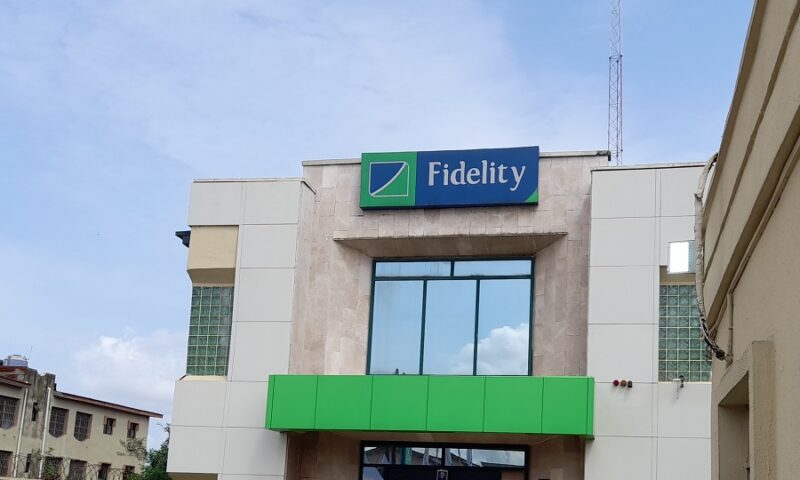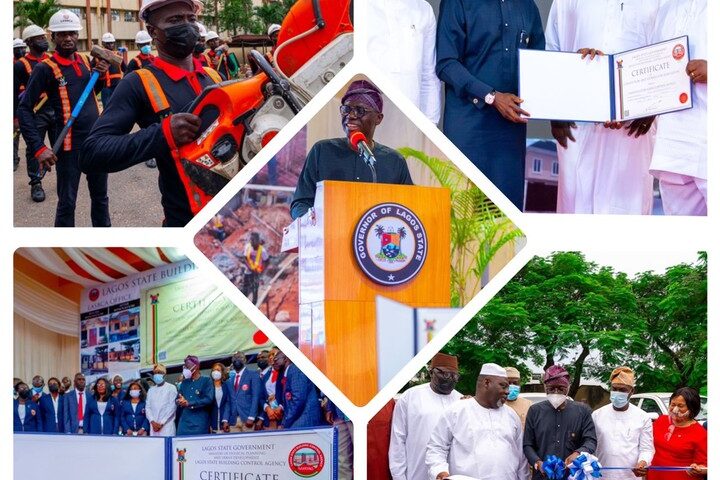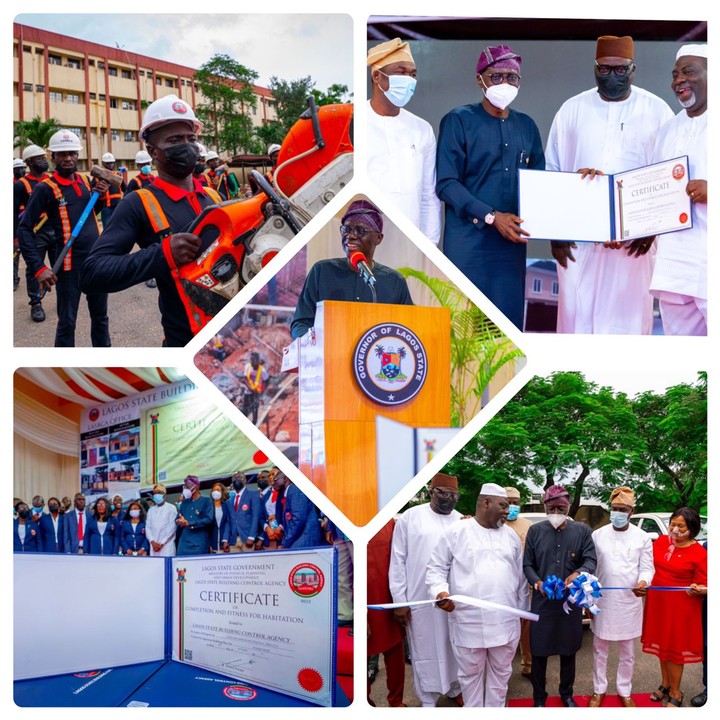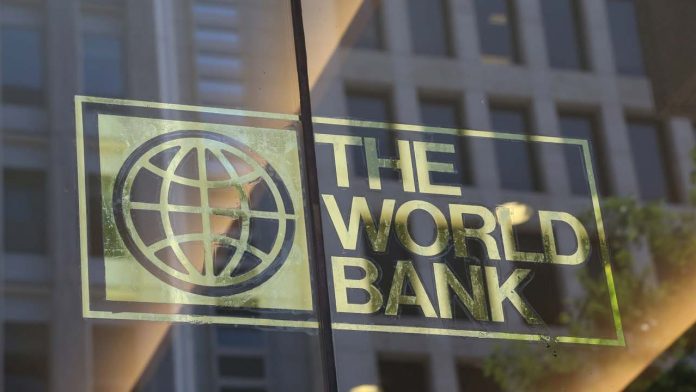Fidelity Bank Moves To Unlock Opportunities In Non-oil Export Sector

Fidelity Bank Plc,says it is making strident moves to strengthen Nigeria’s non-oil export sector of the economy.
The bank said its initiative was sequel to the global oil shock triggered by the COVID-19 pandemic, Nigeria’s economic vulnerability is glaring as GDP growth declined by 6.1 per cent and 3.6 per cent in the second and third quarters of 2020.
But the bank said it is working assiduously to address this having recognised the need long before the COVID-19 pandemic.
In 2016, for instance, the bank, in partnership with the Nigerian Export Promotion Council (NEPC) and the Pan-African University (PAU) launched the Export Management Programme (EMP).
The programme, which is scheduled to hold in two locations across the country in October 2021, is an industry-focused programme aimed at equipping existing and prospective exporters with the knowledge needed to thrive in the non-oil export industry and the larger global export market.
While EMP 11 is currently holding at the Lagos Business School (LBS), Lekki, Lagos between 4 and 8 October 2021; EMP 12 would hold at a soon-to-be announced venue in Kano State from 11 to 15 October 2021.
The sessions would be facilitated by leading faculty from LBS, Nigerian Export Promotion Council (NEPC) staff as well as experts in financial management and exports.
Mrs. Nneka Onyeali-Ikpe, Fidelity Bank Plc’s Managing Director,said the benefits of supporting the non-oil sector of the economy cannot be overemphasized given the immense benefits that it provides to the economy and the nation in terms of providing much needed foreign exchange investments, increasing our Gross Domestic Product (GDP) and employment generation.
She added:”This informs our decision to host the EMP regularly and we enjoin interested entrepreneurs to take advantage of this initiative to take their business to the next level”.
Fidelity Bank, through the EMP, had over the years empowered hundreds of individuals within the non-oil export sector with many beneficiaries attesting to the positive impact of the programme on their business.
One participant, Mr. Odufeso Olusegun said, “The EMP which I was privileged to participate in was a real blessing to my business. It opened my inner eyes to the intricate details of taking my foodstuff supplies (domestically) to the next level of exportation.”
In 2019,Obianuju Nweke in 2019, said:“This programme is amazing. The knowledge bank revealed to us was perfect. There were also many aspects in this sector that were taught and it got everyone really thinking about how to add the most value to the economy whilst making profits and building institutions. Great networking and collaborative opportunity. Awesome Job! Well done LBS and Fidelity Bank.”
Nitin Verma added:“The programme is a good initiative in building capacity in the export space in Nigeria. It is highly educational and well delivered by highly skilled resource persons who are well knowledgeable in the subject matter.
“I believe participants have acquired the necessary skills to be able to compete in the export market for their own benefit as well as grow the Nigerian economy. Any agricultural exporter needs to attend a session like this. Very good one.”
Ben Chiobi described the programme as “An essential master-class for anyone desiring to be involved in the profitable export business.”
In addition to its contributions to the non-oil export through the EMP, the bank has given out around N25 billion in new credit to indigenous businesses operating in the non-oil export and agriculture sectors in 2020.
The bank also leveraged partnerships with key players, including the Central Bank of Nigeria (CBN) and Development Finance Institutions (DFIs), under different funding programmes aimed at enhancing the credit access of eligible agribusiness owners and non-oil exporters.












